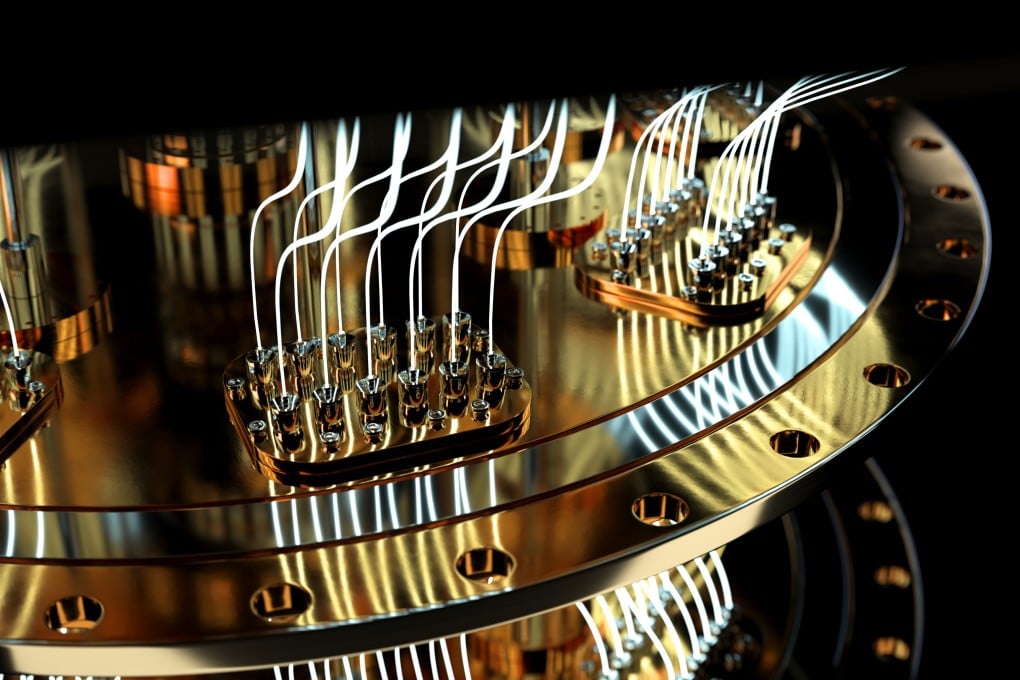How far off are practical quantum computers? Maybe a decade, says China’s leader in the field
- Pan Jianwei says researchers have to overcome problems with errors but they hope to do that in the next five years
- Once those hurdles are overcome, solutions to incredibly complex problems could be within reach, he says

“Once we solve quantum error correction within the next five years, we’ll be able to manipulate hundreds or even thousands of qubits to build quantum simulators and address problems in physics, chemistry, and life sciences – problems that today’s supercomputers can never solve,” he said at the World Sound Expo in Hefei, Anhui province.
Pan also said his team at the University of Science and Technology of China in Hefei aimed to realise applications in quantum cryptanalysis and large number decomposition within the same time.
Quantum computers use quantum bits, or “qubits”, to store and process information. Unlike the “bits” of classical computers, which store either a 1 or 0, qubits can store multiple values at the same time.
This gives quantum computers a huge speed advantage over classical computers, able to calculate in a few seconds what would take today’s supercomputers decades or even millennia to do.
